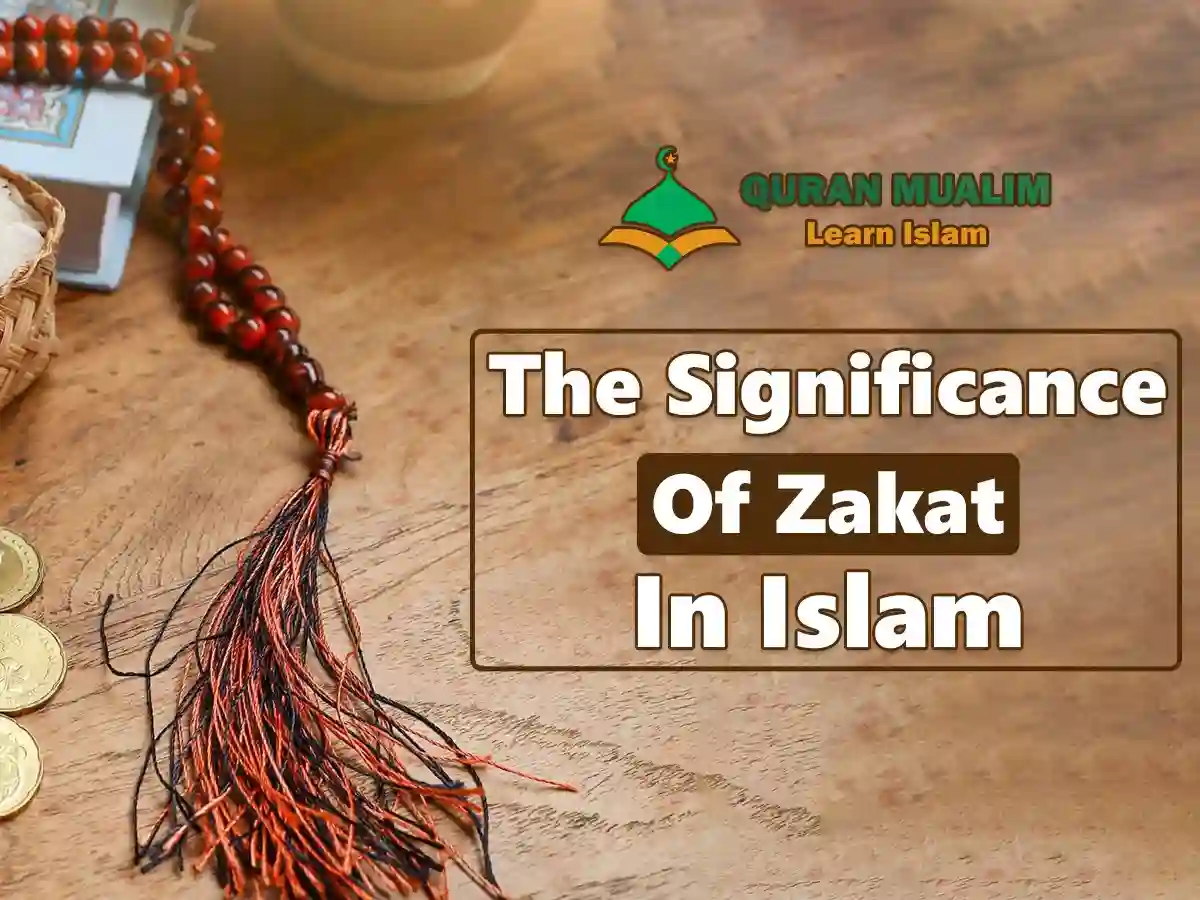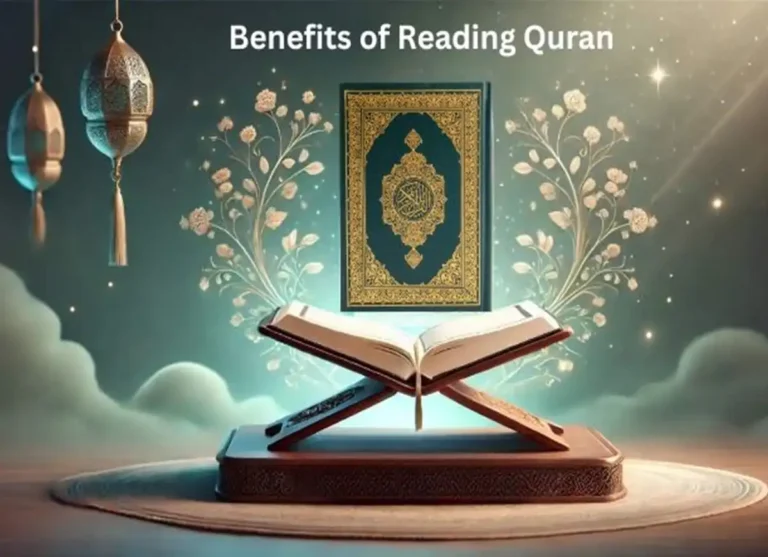Zakat, one of the Five Pillars of Islam, holds immense significance in the lives of Muslims worldwide. Its roots are deeply embedded in the teachings of the Quran and the practices of the Prophet Muhammad (peace be upon him). Zakat, often referred to as obligatory charity, is not merely a financial obligation but a fundamental aspect of Islamic faith, promoting social justice, compassion, and solidarity within the community.
1. Significance of Zakat in Islam
Zakat serves as a mechanism for wealth distribution, ensuring that the affluent share their resources with those less fortunate. It is a means of purifying one’s wealth and soul, fostering empathy and gratitude towards the blessings bestowed by the Almighty. By pay zakat, Muslims acknowledge their interconnectedness and responsibility towards uplifting the marginalized segments of society.
The Quran emphasizes the obligation of Almsgiving , stating, “And establish prayer and give zakat, and whatever good you put forward for yourselves – you will find it with Allah. Indeed, Allah of what you do, is Seeing” (Quran 2:110). This verse underscores the inseparable link between spiritual devotion and social welfare, highlighting the significance of Almsgiving in Islam.
2. How to Calculate Zakat Easily
Calculating zakat can seem daunting to many individuals due to the complexities involved in assessing one’s wealth and obligations. However, several resources, including Transparent Hands zakat calculator, have made this process more accessible and convenient for Muslims worldwide. These calculators consider various assets, such as cash, gold, silver, investments, and business profits, while deducting liabilities to determine the zakatable amount accurately.
A zakat calculator simplifies the process by providing a structured framework for inputting financial information and generating the zakat due.
It accounts for nisab (the minimum threshold of wealth required for zakat eligibility) and applicable rates for different asset categories, ensuring compliance with Islamic principles. Utilizing such tools facilitates adherence to religious duties while minimizing errors in zakat calculation.
3. Why We Should Give Zakat in Ramadan
Ramadan, the ninth month of the Islamic lunar calendar, holds special significance for Muslims worldwide. It is a period of spiritual reflection, self-discipline, and heightened devotion to worship. The observance of fasting during Ramadan is obligatory for adult Muslims, as prescribed in the Quran.
In addition to fasting, Ramadan encourages increased charitable acts, including the payment of zakat. Giving zakat during this blessed month holds particular merit and blessings according to Islamic teachings.
The act of charity is magnified manifold during Ramadan, with rewards multiplied and sins forgiven for those who sincerely seek the pleasure of Allah.
Ramadan donations play a pivotal role in alleviating the suffering of the less fortunate, providing essential resources for food, shelter, healthcare, and education.
By giving Almsgiving in Ramadan, Muslims partake in the collective spirit of generosity and compassion, strengthening bonds within the community and fulfilling their religious obligations with sincerity and devotion.
4. How Transparent Hands Uses Your Zakat Charity
Transparent Hands, a pioneering healthcare crowdfunding platform, harnesses the power of Almsgiving to transform lives and alleviate suffering in Pakistan. Through its online platform, individuals can contribute their Almsgiving and other online donations towards life-saving medical treatments for underprivileged patients.
Transparent Hands ensures transparency and accountability in Almsgiving utilization by directly disbursing funds to verified medical cases, ranging from critical surgeries to essential healthcare services. Donors have the opportunity to support specific patients or medical projects, witnessing the impact of their contributions firsthand.
By leveraging technology and strategic partnerships, Transparent Hands maximizes the efficacy of zakat charity, reaching vulnerable communities and addressing pressing healthcare needs.
Through the collective efforts of donors and healthcare professionals, Transparent Hands strives to uphold the principles of compassion, dignity, and equity, transforming Almsgiving into tangible assistance for those in need.
In conclusion, zakat holds profound significance in Islam, serving as a cornerstone of social justice, compassion, and solidarity. By Almsgiving, Muslims fulfill their religious obligations while actively contributing to the welfare and empowerment of marginalized communities.
Through innovative initiatives like zakat calculators, Ramadan donations, and transparent charity platforms, individuals can ensure the effective utilization of their Almsgiving making a meaningful difference in the lives of others.
Our Latest Ramazan Articles:
- Ramazan Apps You Must Have
- How To Enjoy Ramadan With Menstruation?
- Ramazan Increases Women’s Responsibility








